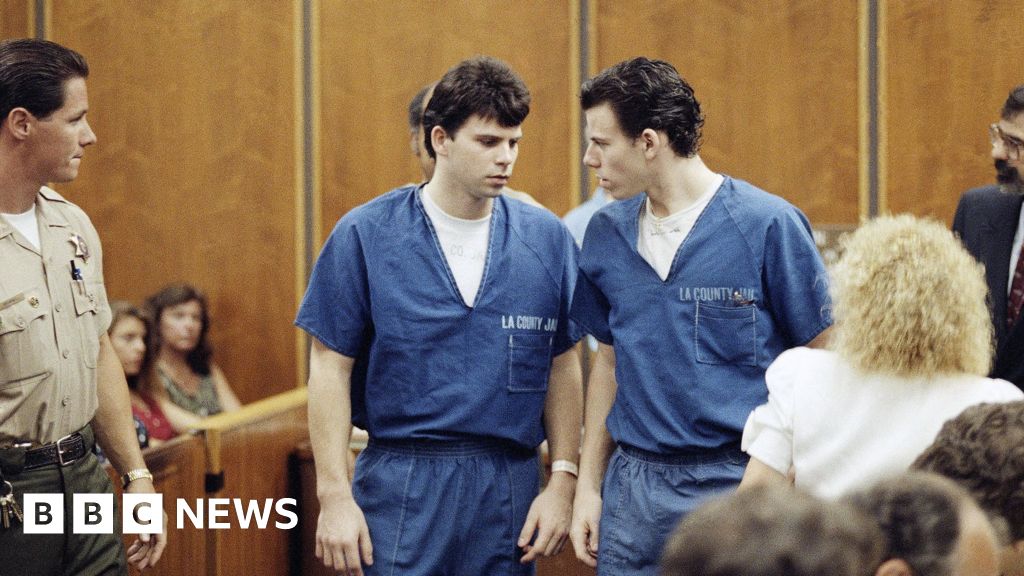Erik Menendez Case: Brothers Resentenced to Life with Parole
The brothers' resentencing was made possible under California's youthful offender statute, which makes those who committed a crime under 26 eligible for parole after serving half their term. With their new sentences, Erik and Lyle Menendez will have the opportunity to make their case for release before the state parole board, marking a significant development in a case that has garnered widespread attention and public interest.

Erik and Lyle Menendez, who were convicted of killing their parents in 1989, have been resentenced to 50 years to life with the possibility of parole, making them eligible for release after serving over 30 years in prison. The brothers, now 54 and 57, took responsibility for their actions and expressed remorse during a day-long hearing, where family members testified in their favor, citing their rehabilitation and positive contributions while in prison.
The case drew widespread attention, including a Netflix biopic and a separate documentary, with public calls for their release growing, including support from Kim Kardashian and Rosie O'Donnell. The brothers' lawyers claimed they were driven to murder due to years of sexual abuse by their father, Jose Menendez, and emotional abuse by their mother, Kitty, while prosecutors argued the murders were premeditated and motivated by the desire to inherit their parents' multimillion-dollar fortune.
New evidence of the brothers' alleged abuse by their father has emerged, including a letter from Erik detailing the abuse and a former boy band member, Roy Rossello, revealing he was also abused by Jose. The judge noted that the brothers' work in prison, including educational courses and a hospice initiative, was "remarkable" but also acknowledged that their original sentences were justified at the time.
The California parole board will now decide if the brothers are suitable for release, and a clemency request with Governor Gavin Newsom is also pending. The district attorney's office had argued that the brothers were not rehabilitated and should not be released, but the judge's decision now makes them eligible for parole, which will be considered by the state parole board in June.